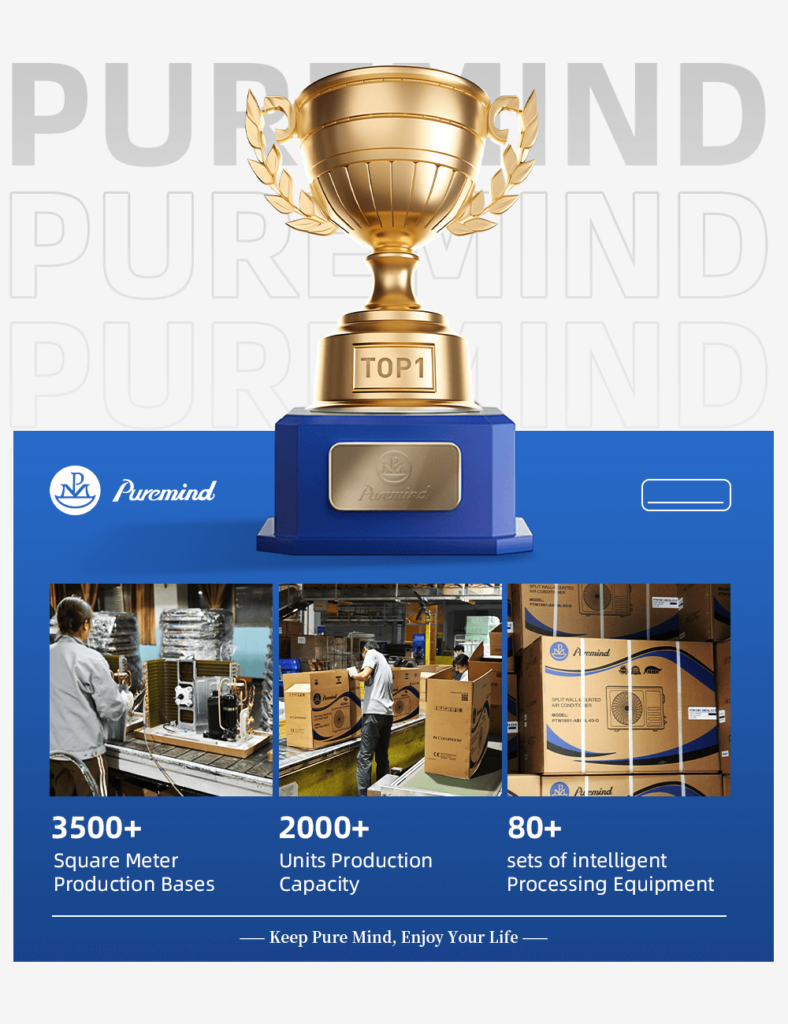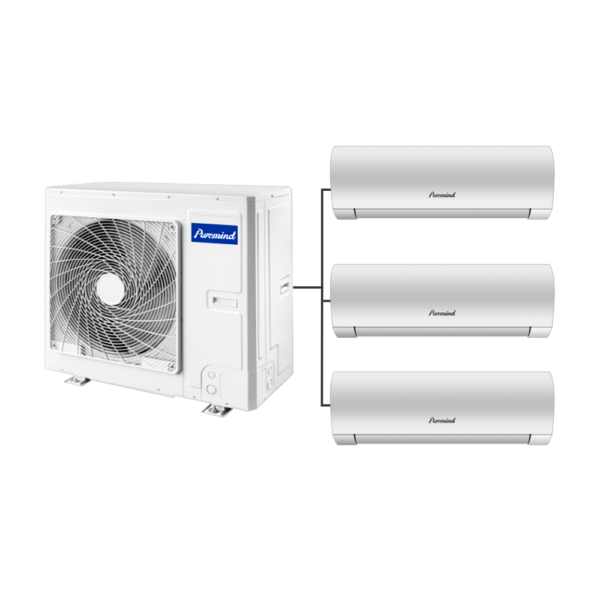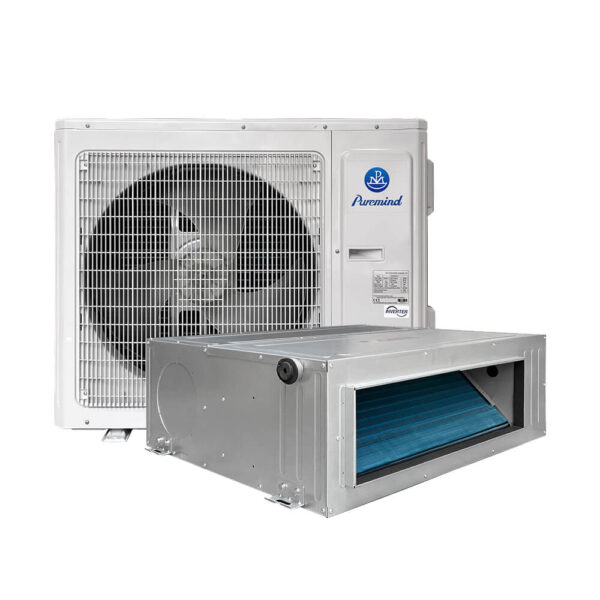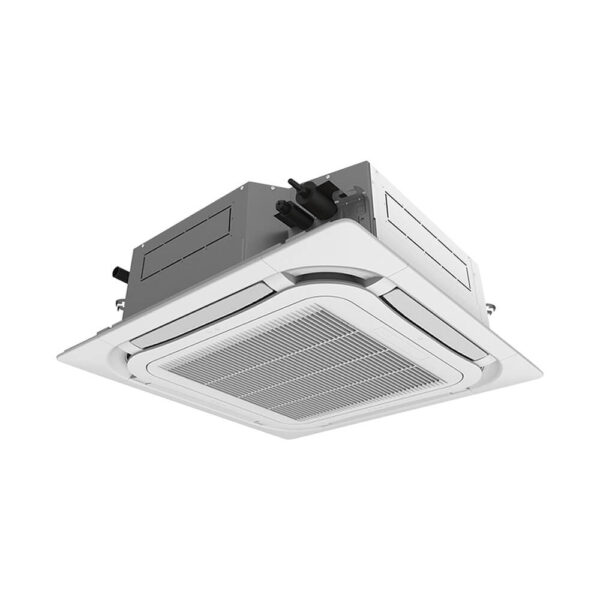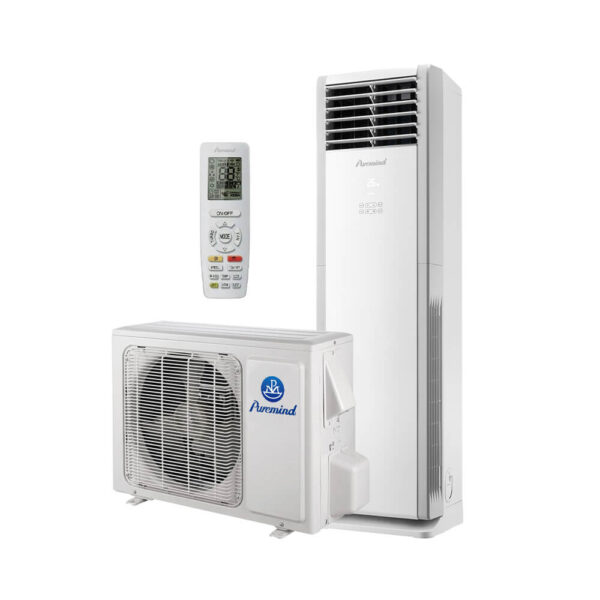Best Rated HVAC Systems: A Complete Guide for Distributors and Contractors
The heating, ventilation, and air conditioning (HVAC) industry is evolving quickly, with customers demanding comfort, energy efficiency, and reliability. For wholesalers and distributors, understanding which products are truly the best rated HVAC systems is crucial for success. Stocking top-quality units not only builds trust with contractors but also positions your business as a reliable supplier in a competitive market. This guide explores what makes an HVAC system highly rated, the different system types available, and how distributors can benefit by aligning with the right products and suppliers.
What Defines the Best Rated HVAC Systems?
The phrase best rated HVAC systems typically refers to units that consistently perform well in customer reviews, industry evaluations, and contractor feedback. These systems deliver long-term comfort and efficiency while meeting regulatory standards. In practice, the most reliable HVAC solutions share several qualities:
- Energy efficiency – Systems with high SEER and HSPF ratings reduce utility costs.
- Durability – Built with quality components that minimize breakdowns.
- Smart integration – Compatibility with modern thermostats and mobile apps.
- Eco-friendly refrigerants – Compliance with EPA and ASHRAE standards.
- Strong warranty – Confidence backed by manufacturer and wholesale partners.
Types of HVAC Systems That Rank Highly
Distributors need to understand the range of products that make up the top rated HVAC systems. Each category serves a specific customer base and project type:
- Split Air Conditioners – A popular choice for homes and small businesses. See wholesale options here: split air conditioners.
- Central AC Units – Often listed among the best for large residential or office spaces.
- Heat Pumps – Praised as some of the best heating and cooling systems due to dual functionality.
- Ductless Mini-Splits – Highly rated for flexibility and zoned climate control.
- Packaged Units – Common in commercial projects where space is limited.
Features That Make Systems Highly Rated
Contractors and customers alike often judge the best rated HVAC systems by the following features:
- High efficiency – Units that carry Energy Star certification are more attractive to customers.
- Quiet performance – Noise reduction design improves the living or working environment.
- Smart technology – Systems offering real-time monitoring and remote control stand out.
- Flexible installation – The easier it is to install, the better it is for contractors and customers alike.
- Durable warranties – Long coverage periods are signs of manufacturer confidence.
Case Study: Residential Project with Highly Rated Systems
A distributor in Texas supplied highly rated HVAC units for a residential development. Instead of low-cost options, the project used heat pumps and central systems that were among the best rated HVAC systems in independent reviews. Homeowners later reported a 20% drop in utility bills and improved comfort. The distributor gained recognition for delivering reliable products and secured repeat contracts.
Why Stocking the Best Rated Systems Benefits Distributors
Offering the best rated HVAC systems provides direct business benefits to wholesalers and distributors. Here’s why:
- Profitability – Bulk wholesale pricing paired with premium systems improves margins.
- Customer trust – Contractors feel more confident buying from suppliers with proven products.
- Market differentiation – Stocking reliable HVAC solutions sets you apart from competitors.
- Support from suppliers – Top manufacturers often provide training, marketing assets, and after-sales resources.
- Long-term relationships – Supplying consistently high-rated units encourages repeat business.
How to Choose the Right Systems for Your Market
Not every system will fit every customer. When deciding which best rated HVAC systems to stock, distributors should evaluate:
- Climate – Heat pumps work well in moderate regions, while central AC dominates hotter areas.
- Building type – Large offices often need packaged rooftop systems, while apartments may prefer ductless mini-splits.
- Budget considerations – Offering a mix of high-end and affordable options ensures broader appeal.
- Efficiency standards – Always ensure compliance with federal and state regulations.
- Technology preferences – Customers increasingly ask for smart-enabled solutions.
Trends Shaping the Best Rated HVAC Systems
The definition of the best rated HVAC systems evolves as technology and expectations shift. Key trends include:
- Smart integration – More systems are IoT-enabled for remote management.
- Eco-friendly refrigerants – Distributors must stock products using low-GWP refrigerants.
- Hybrid designs – Combining heat pumps with furnaces for flexible solutions.
- Digital ordering platforms – Wholesalers are adopting online portals for easier procurement.
- Rising efficiency standards – Regulations are pushing SEER ratings higher across the board.
Challenges Without Access to Reliable Systems
Distributors who fail to offer the best rated HVAC systems face multiple challenges:
- Lower margins – Inferior products require discounts to sell.
- Customer dissatisfaction – Poorly performing units lead to complaints and lost trust.
- Regulatory issues – Non-compliant systems expose businesses to penalties.
- Missed opportunities – Competitors offering advanced technology capture more contracts.
Case Study: Commercial Project Success
In New York, a contractor upgraded an office building with top rated HVAC systems. Tenants immediately noticed better comfort and quieter operation. The building owner reported 25% lower energy costs within the first year. The distributor who supplied these systems earned a reputation for delivering high-value products, leading to new business opportunities. This example shows why distributors must align with advanced, highly rated units to grow in commercial markets.
Conclusion: Why the Best Rated HVAC Systems Matter
For contractors, wholesalers, and distributors, the best rated HVAC systems are more than a sales pitch—they’re a foundation for growth. These systems deliver efficiency, durability, and customer satisfaction while meeting modern standards. By partnering with trusted suppliers and stocking highly rated products, distributors can improve profitability, strengthen their reputation, and ensure long-term success. In a competitive industry, offering the right HVAC solutions is the difference between surviving and thriving.
Suggested Image Alt Text: Warehouse display of best rated HVAC systems including central AC units, split systems, and smart controls
